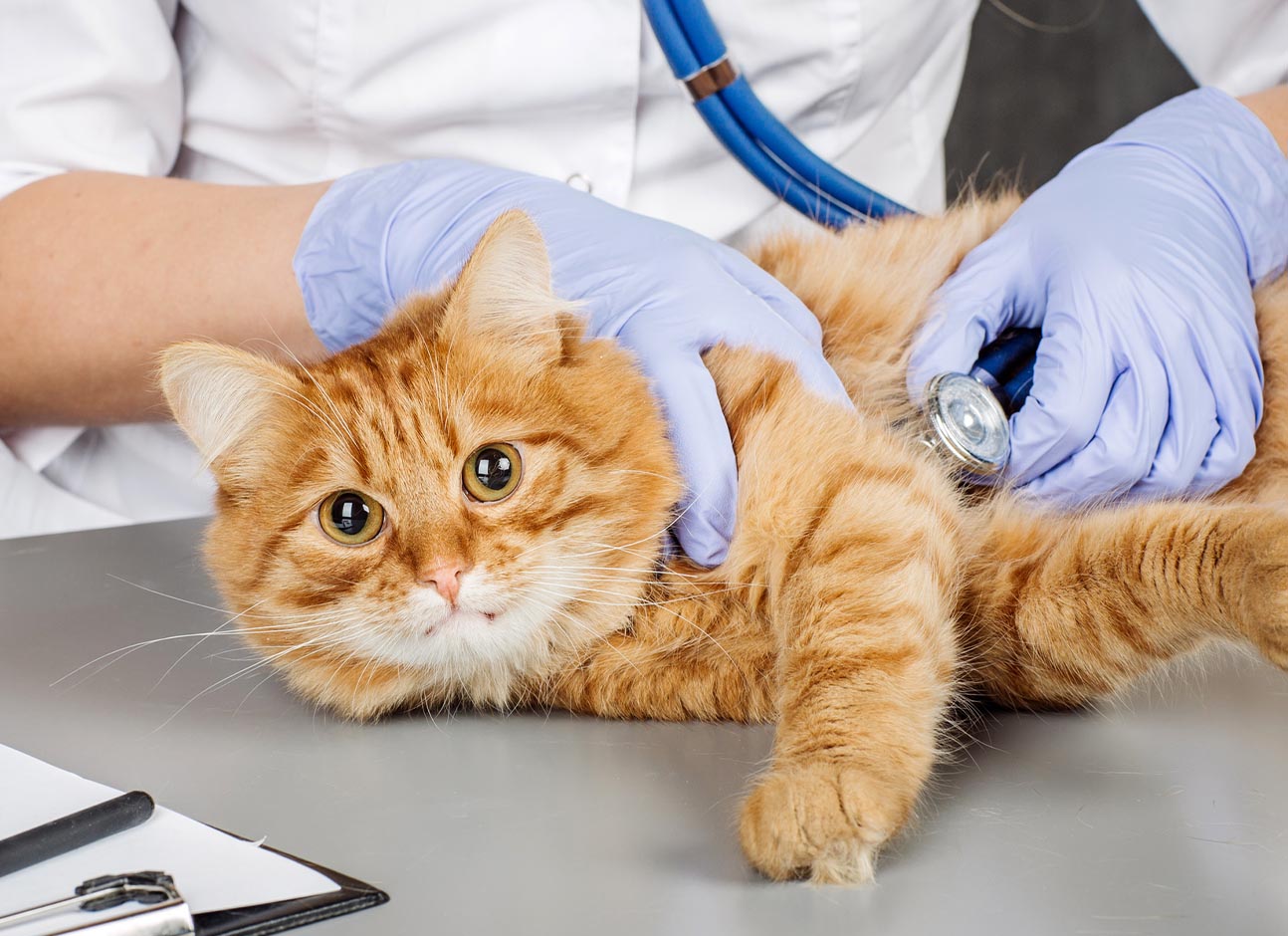Infectious diseases in cats are primarily caused by viruses, fungi, bacteria, and various microorganisms. Although cats encounter these pathogens daily, infection depends on the strength of the cat’s immune system. Factors that affect immunity include cleanliness, diet, stress, and other conditions.
A kitten’s immunity is initially bolstered by its mother’s milk, but protection decreases once nursing stops. Between 2 and 7 months of age, kittens are most vulnerable to infectious diseases. During this period, vaccinations are crucial for strengthening their defenses against viruses and infections.
One mandatory annual vaccination is for rabies, a deadly, contagious, and incurable disease transmitted through bites and saliva. Rabies may cause aggression, excessive salivation, and swallowing difficulties in animals.
Here are some common infectious diseases in cats:
Chlamydia: Chlamydia is an intracellular parasite that commonly affects cats, causing conjunctivitis, bronchitis, and rhinitis. Infected cats may suffer from infertility, stillbirths, or non-viable offspring. Cats with chlamydia can also infect humans. Breeders should conduct regular preventive vaccinations to protect their cats.
Calcivirosis: A highly contagious disease characterized by fever and respiratory damage. Infected animals usually develop long-term immunity. Calcivirosis spreads through direct contact, clothing, objects, or airborne transmission, primarily affecting kittens aged 1 month to 2-3 years. Symptoms include nasal and eye discharge, loss of appetite, weight loss, and pale mucous membranes. Ulcers may develop in the oral cavity. Prevention includes annual vaccination.
Panleukopenia: Also known as infectious enteritis, cat distemper, or parvovirus infection, panleukopenia is a severe and often fatal contagious disease. It causes decreased leukocyte count, fever, diarrhea, dehydration, and vomiting. Approximately 60-90% of infected cats die. Transmission occurs through contact with infected saliva, feces, urine, or contaminated objects.
Infectious Rhinotracheitis: This acute disease causes inflammation in the respiratory tract, eye damage, and fever. It is transmitted by sick or recovered animals. Symptoms include conjunctivitis, high body temperature, breathing difficulties, rhinitis, and complications such as bronchitis and pneumonia. Diarrhea and vomiting may also occur. With proper vaccination, the fatality rate is low.
Feline Leukemia: A viral disease causing leukemia, anemia, glomerulonephritis, osteosclerosis, and immunosuppression. Transmission occurs through contact, aerosols, urine, and fleas. Prevention includes vaccination.
Feline Infectious Peritonitis: A viral infection caused by coronavirus, affecting cats kept in groups. Two forms exist: exudative or “wet” peritonitis, with fluid buildup in the abdominal or pleural cavity; and non-exudative or “dry” peritonitis, with mild, nonspecific, and variable symptoms. Infectious peritonitis is typically fatal, and no reliable treatment exists. A vaccine has not been developed.
